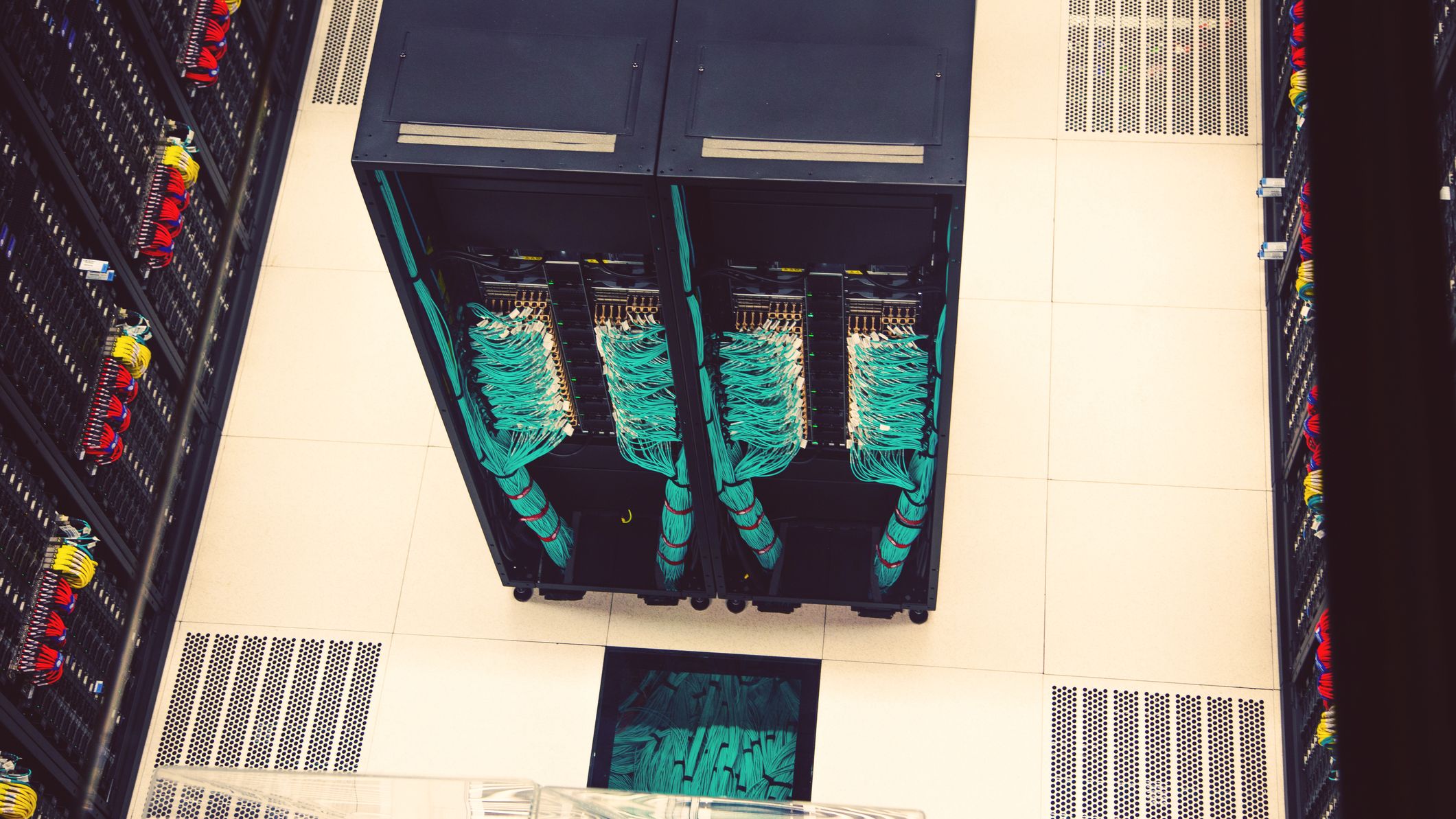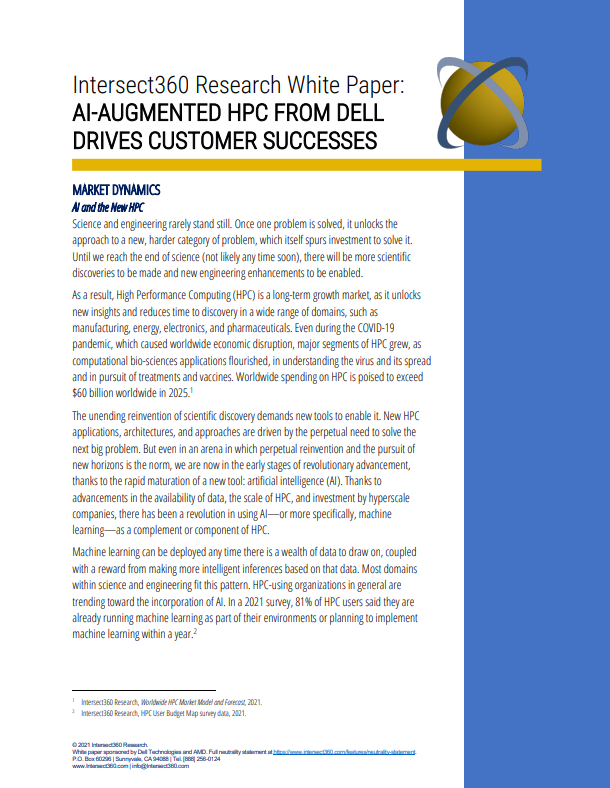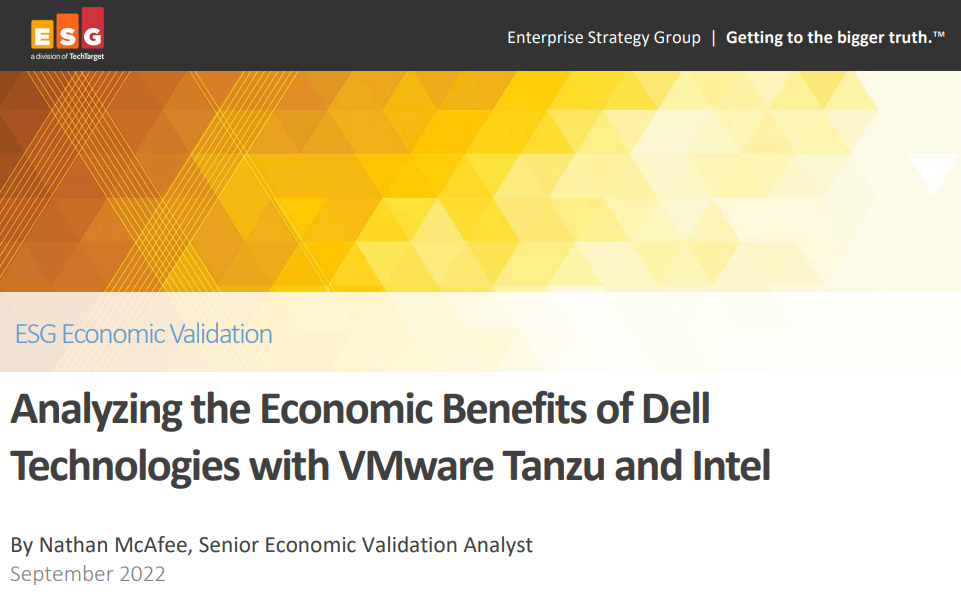HPE boosts Hong Kong university research with new HPC cluster
The company said the new cluster is nearly 10 times faster than what the university was previously using


HPE has built a new high-performance computing (HPC) cluster for the City University of Hong Kong (CityU) to bolster scientific research and accelerate innovation.
HPE said the new cluster is a significant performance upgrade to the university’s previous HPC resources, delivering nearly 10 times faster speed in HPC and AI applications. It will be used to improve modelling and simulation across biomedicine, quantum chemistry, and social and behavioural science.
The new CityU cluster, nicknamed CityU Burgundy, is built using the HPE Apollo 2000 and HPE Apollo 6500 Gen10 Plus systems. It also is designed with 328 AMD EPYC 77422 processors, 56 Nvidia V100 Tensor Core GPUs, and 8 Nvidia A100 80GB Tensor Core GPUs.
CityU’s resources previously consisted of siloed clusters that used older generations of computing technology, which couldn’t scale or support demand for higher computational performance, said HPE. It added that the disparate system created a challenge for users to efficiently access the technology and meet their research goals.
This made the university turn to HPE to design a faster central HPC cluster to serve as an energy-efficient, centralised system for its research community. The tech company included additional advancements including lower-latency networking and advanced and accelerated computing.
HPE said that by consolidating the compute capacity in a single location with the new cluster, CityU has increased compute capacity and utilisation, and significantly reduced data centre space and its carbon footprint. The consolidated location also allows the university’s IT team to measure energy requirements and save additional electricity by turning off more chiller plants in various buildings easily and effectively.
“At CityU, HPC plays a critical role in helping us build and support a world-class research team to continue making scientific breakthroughs for humankind,” said Dominic Chien, senior scientific officer of HPC at CityU. “The new HPC cluster brings us one step closer to building Hong Kong’s most powerful HPC platform for academia while achieving operational efficiency and reduced costs. It is particularly encouraging to see an early signal of success as the HPC platform has helped reduce the turnaround time of computations by three to seven times in a quantum chemistry research project.”
Get the ITPro daily newsletter
Sign up today and you will receive a free copy of our Future Focus 2025 report - the leading guidance on AI, cybersecurity and other IT challenges as per 700+ senior executives
CityU’s researchers will be able to use the cluster to advance biomedicine to speed up insights into chronic diseases and treatment, expand the use of HPC in other disciplines through its data analysing capabilities, and research new projects like consumer behaviour science and algorithmic trading.
RELATED RESOURCE

AI-augmented HPC from Dell drives customers successes
Solve large data problems faster
FREE DOWNLOAD
HPE has been making forays into the APAC region with its HPC offerings recently. In April last year, it was awarded a £22 million contract to build a new supercomputer for the National Supercomputing Centre Singapore (NSCC), set to be operational early this year. The system was going to be 8x faster than the NSCC’s existing HPC resources.
Then, in December, it announced it would build a new supercomputer for Thailand’s National Science and Technology Development Agency, which is set to be 30 times faster than its existing system and is expected to be operational by 2022.
Other tech companies in this sector have also shown an interest in the region, with Microsoft announcing in February that Singapore’s Home Team Science and Technology Agency (HTX) had chosen it to develop a sovereign cloud to accelerate digital transformation.
Zach Marzouk is a former ITPro, CloudPro, and ChannelPro staff writer, covering topics like security, privacy, worker rights, and startups, primarily in the Asia Pacific and the US regions. Zach joined ITPro in 2017 where he was introduced to the world of B2B technology as a junior staff writer, before he returned to Argentina in 2018, working in communications and as a copywriter. In 2021, he made his way back to ITPro as a staff writer during the pandemic, before joining the world of freelance in 2022.
-
 AI is helping bad bots take over the internet
AI is helping bad bots take over the internetNews Automated bot traffic has surpassed human activity for the first time in a decade, according to Imperva
By Bobby Hellard
-
 Two years on from its Series B round, Hack the Box is targeting further growth
Two years on from its Series B round, Hack the Box is targeting further growthNews Hack the Box has grown significantly in the last two years, and it shows no signs of slowing down
By Ross Kelly
-
 Better together
Better togetherWhitepaper Achieve more with Windows 11 and Surface
By ITPro
-
 Transforming the enterprise
Transforming the enterpriseWhitepaper With Intel and CDW
By ITPro
-
 The top trends in money remittance
The top trends in money remittanceWhitepaper Tackling the key issues shaping the money remittance industry
By ITPro
-
 How Kantar revamped its IT infrastructure after being sold off
How Kantar revamped its IT infrastructure after being sold offCase Study Being acquired by a private equity firm meant Kantar couldn’t rely on its parent company’s infrastructure, and was forced to confront its technical shortcomings
By Rene Millman
-
 Deutsche Bank wraps up Postbank IT integration after bug-laden migrations
Deutsche Bank wraps up Postbank IT integration after bug-laden migrationsNews The IT merger is expected to generate annual savings of €300 million by 2025
By Daniel Todd
-
 Analyzing the economic benefits of Dell Technologies with VMware Tanzu & Intel
Analyzing the economic benefits of Dell Technologies with VMware Tanzu & IntelWhitepaper ESG economic validation
By ITPro
-
 Defra needs £726 million to modernize pervasive legacy IT issues
Defra needs £726 million to modernize pervasive legacy IT issuesNews A significant portion of IT systems are reportedly still in extended support or are fully unsupported
By Ross Kelly
-
 Boomi snaps up former MuleSoft executive as APJ channel lead
Boomi snaps up former MuleSoft executive as APJ channel leadNews Global software veteran Jim Fisher will work to expand the company’s channel operations across the region
By Daniel Todd